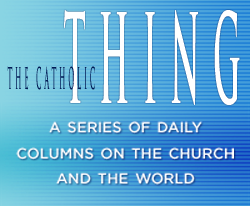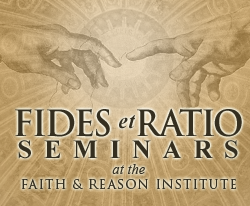An Insufficient Truth
Carl Gustav Jung (1875-1961) was the Swiss psychoanalyst and founder of Analytical Psychology whose contributions to the field may end up being more lasting (and closer to the truth) than those of his mentor, friend, and antagonist Sigmund Freud. Both men believed sexual development is important, but Jung thought human personality was notdriven by the libido to the extent Freud insisted it was. Jung saw a spiritual purpose in human life.
His work was influenced by his Christian upbringing, and he was among the few Christians in the first generation of psychologists.
I am fascinated by what Jung said about the “death of God” in modern culture, which he believed was at the heart of the modernist/nihilist project: it means not that God is rejected entirely but that He has descended into the subconscious. Maybe that’s a recapitulation of the Crucifixion and entombment of Christ. So, if Jung was right, we may suppose what happens next: a resurrection.
Yet when a friend converted to Catholicism, Jung wrote to him, “I am for those who are out of the Church.” I have the sense that this may have also been true – so far anyway – of the contemporary Jungian psychologist, Jordan Peterson (author of 12 Rules for Life), whose wife, Tammy, entered the Catholic Church this past Easter. Whether or not Jordan will follow remains an open question, but he should.
I believe Dr. Peterson may be a transitional figure. At the very least, he is – through his enormously popular books and lectures – leading many young men to reconsider the role the Bible can play in helping them improve their lives. But Peterson is also transitional because he is (or certainly seems to be) a man in transition, and to get where he is headed may require a break with Jung.



